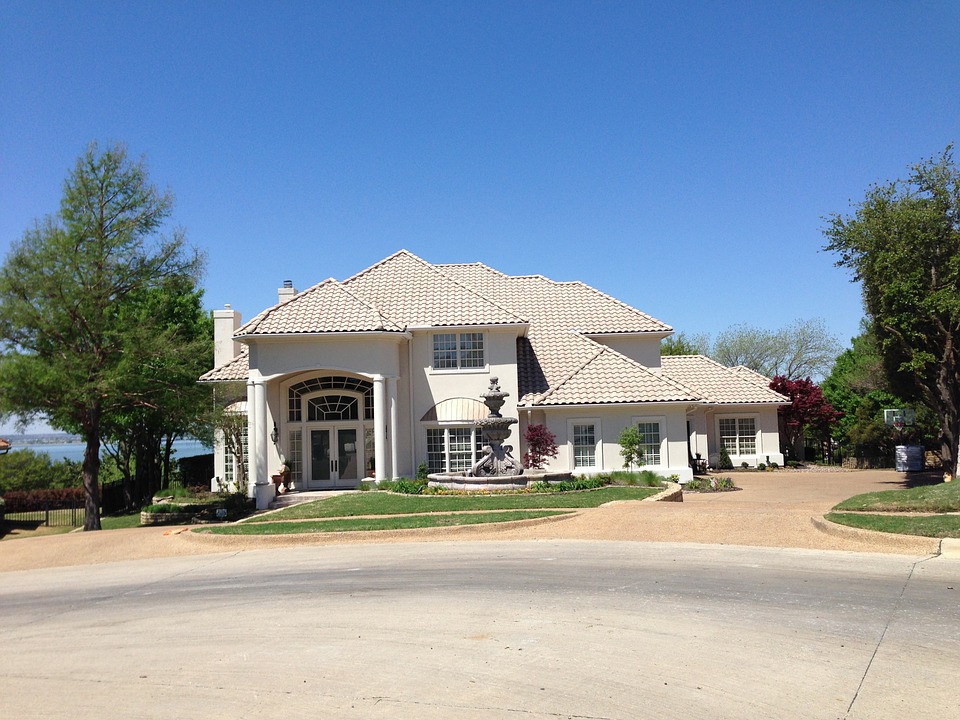When you’re doing your estate planning, you may think you simply create a will that outlines who you’d like your assets and property to go to, but a will isn’t necessarily the best option for every component of your estate.
This applies in particular to real property, which is also known as your real estate.
Real property in terms of an estate includes any land and whatever might be on that land.
The following are some tips that you can follow as you’re creating an estate plan and working with an experienced estate lawyer in your state.
Why Not Wills?
When you add your real property to your will, it will then go through probate after your death. Most people want to help their family avoid probate as much as is possible because it can be lengthy and expensive.
Using a will to transfer real property may seem simple, and during the estate planning process it is, but that doesn’t hold true during probate.
It may be that probate continues for years, and during that time the property included in your will is essentially frozen because it can’t be sold or transferred. It also can’t be refinanced.
Living Trusts
You may be considering alternatives to leaving your real property to your loved ones in a will, and one of the most popular is the living trust.
A living trust means the trust becomes the “owner” of your property. You don’t have to give up control during your lifetime, and you have options to move the property back out of the trust if you choose.
Once you pass away, the person you named as your trustee can transfer the property to the beneficiary you select pretty quickly.
Beneficiary Deed
Another option available in some states that may help you keep your real property out of probate is called a beneficiary deed, or a transfer-on-death deed. You name beneficiaries on the deed, and you can make changes to this at anytime you choose as well.
After you die, the property can be transferred quickly by the person serving as the administrator of your estate. It’s inexpensive to do the transfer, and it doesn’t require the property go through probate.
Co-Owned Property
Another option that lets your real estate avoid passing through a lengthy probate process is co-ownership. You can set up your real property to be co-owned by the person you would give it to in the event of your death.
To do this, there needs to be clear and accurate language included in the deed of the property.
As a final note, even if you work with your estate lawyer to create a plan that allows your real estate to avoid the probate process, that doesn’t mean it removes estate tax obligations, although there is a pretty high estate worth threshold for federal estate taxes to be applicable.
The best way you can make the right decisions as to how to handle not only your real property but also all of your assets is to work with an estate lawyer, who knows the specific guidelines and laws of your state.












